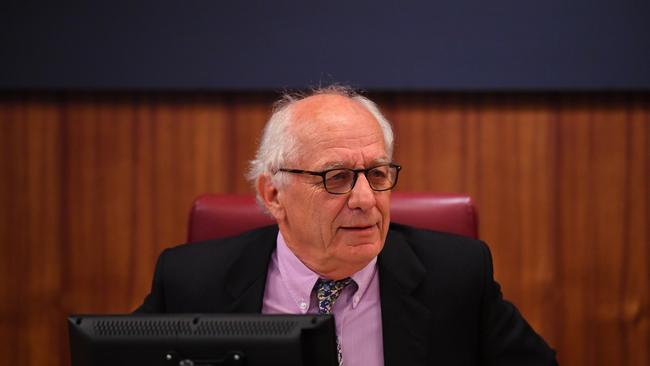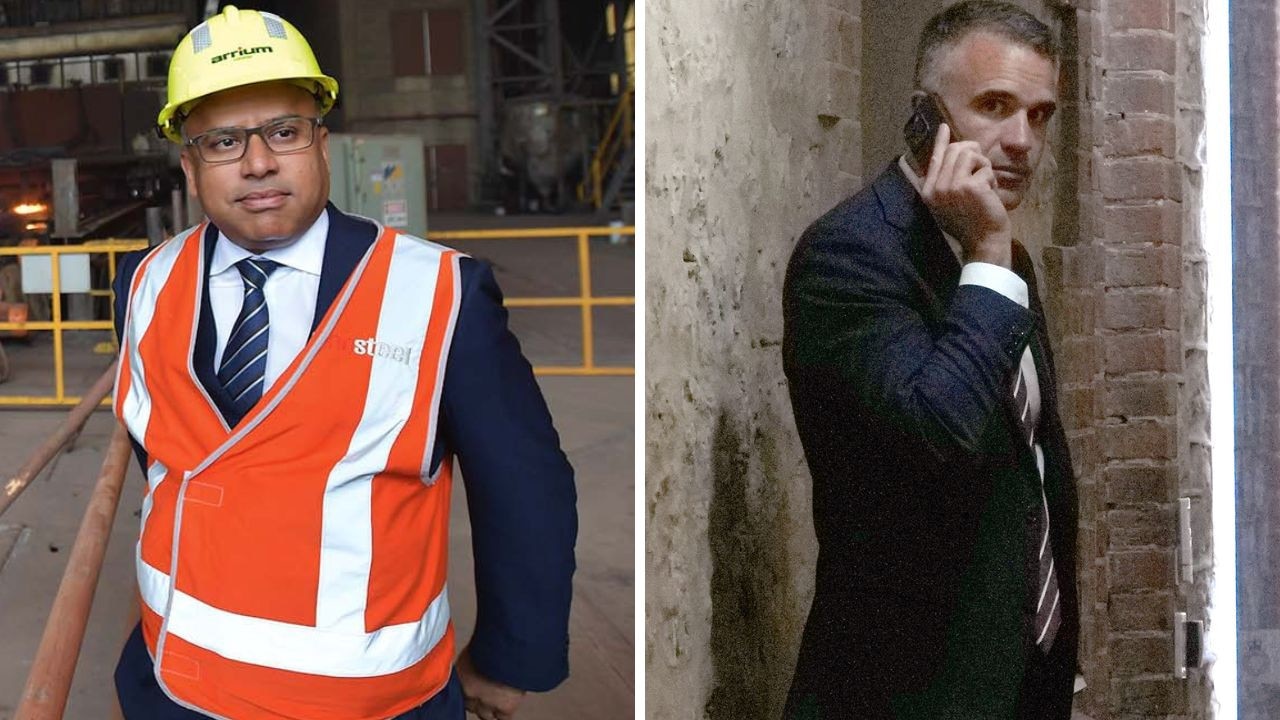Crown risk boss Anne Siegers did not view FTI junket report
Crown’s head of risk helped commission a report into controversial gambling junkets, but was kept in the dark about its findings, royal commission hears.

Crown Resorts’ lawyers commissioned a review into the company’s controversial junket approval process and sat on it, before commissioning a near identical review less than a year later.
And the results of the second review mirrored the conclusions of the initial report, adding further doubt that Crown is serious about transforming itself to become a suitable casino licence holder.
Crown’s lawyers MinterEllison commissioned the first review into the company’s due diligence process for junkets – which the NSW Bergin Inquiry found opened the door for money launderers and organised crime to infiltrate the casino group – in August 2019.
While Crown’s chief risk officer Anne Siegers said she helped establish the review, she told the Victorian royal commission on Thursday that she did not see the results.
“I assumed there would be a report following the work, but I had no visibility over when it was issued, to whom, (and) what it contained,” she said.
The commission heard the FTI report found failures in Crown’s own approval process for junkets – or international gambling tour operators.
The vulnerability of junkets to infiltration by organised crime was a major factor behind the Bergin Inquiry’s determination that Crown be temporarily barred from opening its $2.2bn casino licence.
Australia’s three major casino operators – Crown Resorts, Star Entertainment Group and SkyCity – have committed to cease dealing with junkets.
Counsel Assisting Penny Neskovcin said the report showed that the team tasked with doing background research on Crown’s junket partners – some of which have alleged links to Asian triad gangs – sometimes did not even conduct simple news report searches for information.
“They (FTI) were therefore not able to reasonably assume that Dow Jones searches were always conducted on operators … and that is a failure to follow Crown’s own processes, is that a fair assessment?” Ms Neskovcin said.
“On the face of what you were showing me, I would assume, but I do not know what the process was at the time so I can’t really comment,” Ms Siegers said.
A separate report that Crown commissioned from Deloitte less than a year later reached similar conclusions to the FTI review, Ms Neskovcin said. She said it even contained input from the same man – Murray Lawson – who had moved between the firms in the intervening period.

Dr Lawson told the commission last month the team in charge of junket approval “were not appropriately trained in anti money laundering.”
But although the Deloitte report was widely disseminated at Crown and proceeded its August 2020 decision to stop dealing with junkets, the FTI report did not reach Ms Siegers, Crown’s risk management committee and was only briefly mentioned to certain board members in a brand committee meeting.
“If you assume there are similarities between the FTI report and the Deloitte report, doesn’t that identify to you a breakdown in the risk management process somewhere?” Ms Neskovcin asked.
“The report was requested by MinterEllison for MinterEllison. I don’t know how widely it was communicated and provided within Crown. If that report was widely communicated or even to a few individuals then yes, I would agree with your statement,” Ms Siegers replied.
The commission also heard that Crown is yet to do a root cause analysis of the 2016 arrest of 19 Crown staff in China, despite executive chairwoman Helen Coonan last year indicating to the Bergin Inquiry it may be beneficial.
Ms Siegers, who joined Crown a year after the arrests, said the incident was attributable to communication failings, not risk management, and that “I don’t know that we could have averted it.”
She also said “to get an effective root cause assessment you need to do it very quickly after the event” and said her work refining Crown’s risk processes combined with a change in the company’s risk appetite after the “traumatic event” means a similar event cannot re-occur.
The hearings will continue next week.




